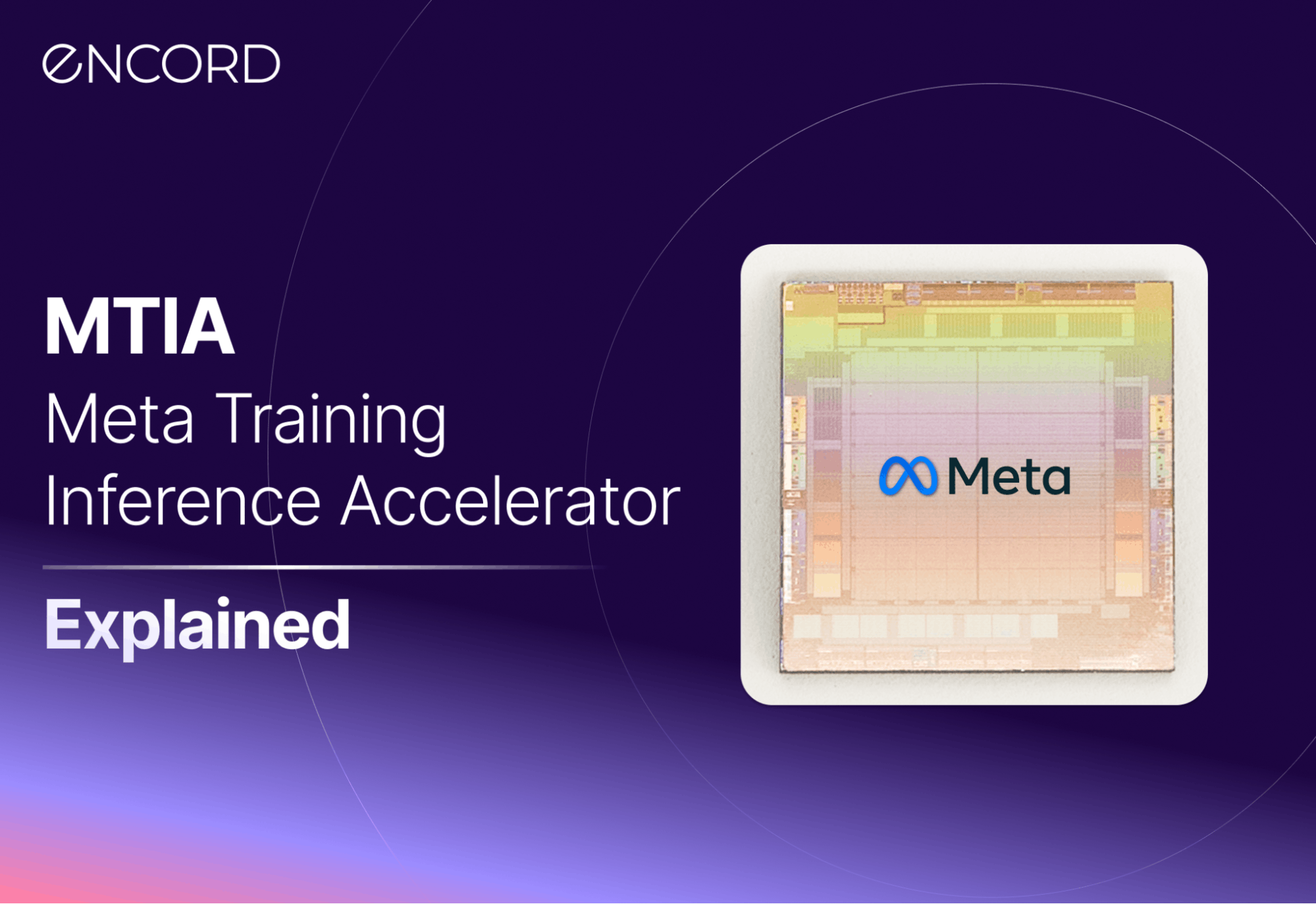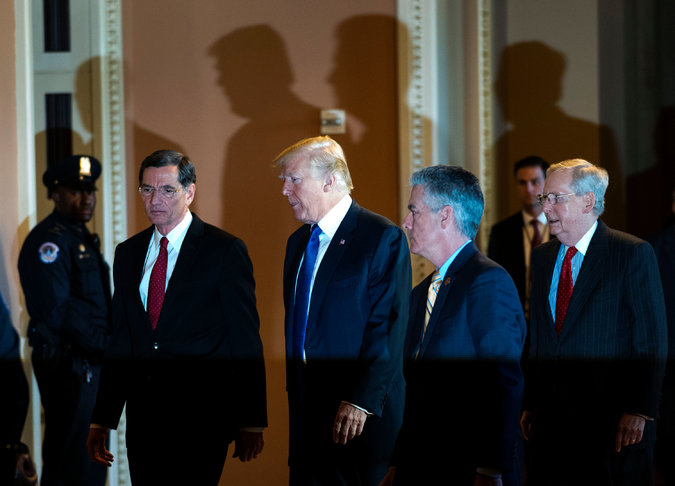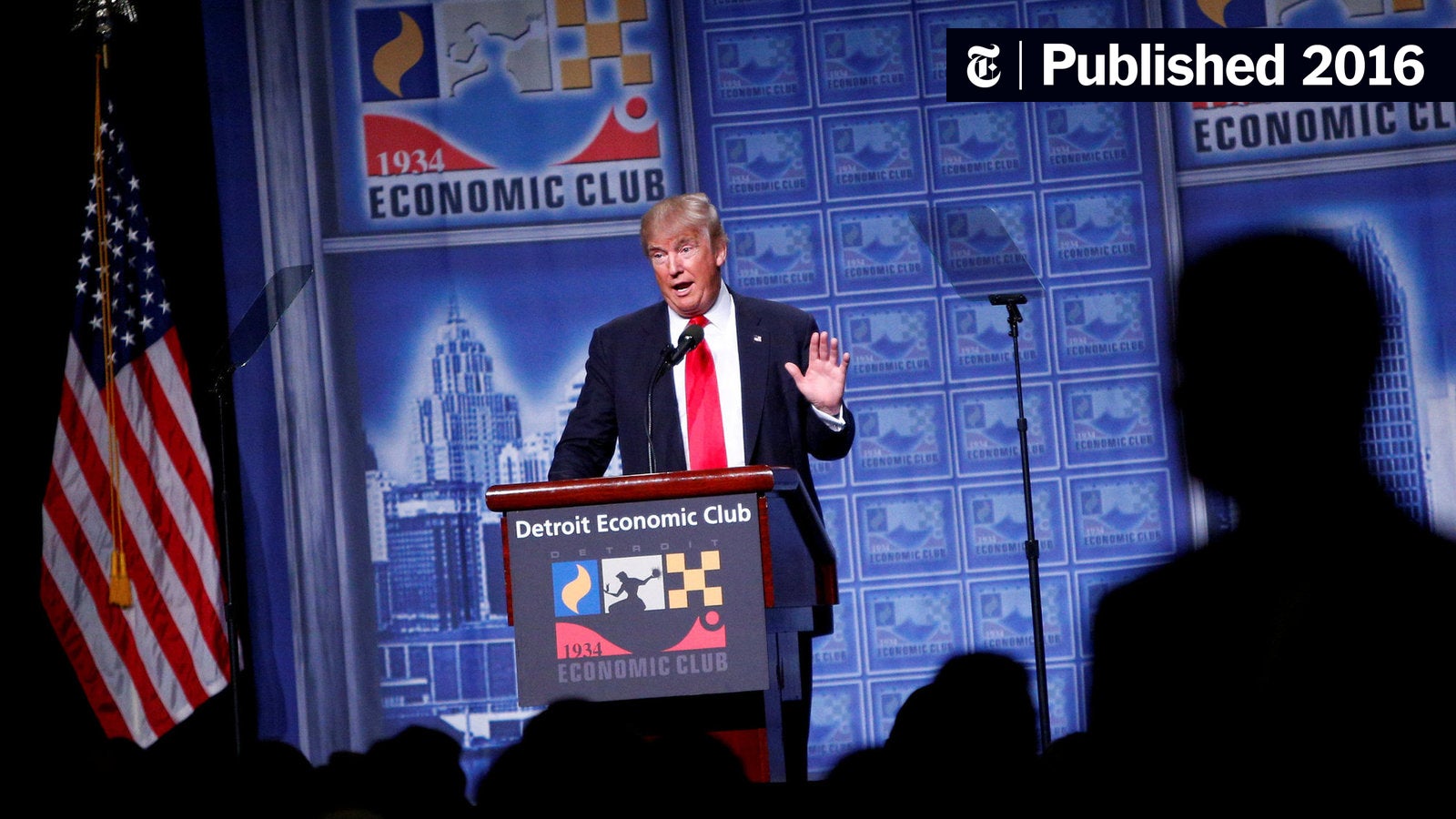OpenAI's ChatGPT Under FTC Scrutiny: A Deep Dive Into The Investigation

Table of Contents
FTC's Concerns Regarding ChatGPT's Data Practices
The FTC's investigation into OpenAI centers heavily on ChatGPT's data handling practices. Concerns span several key areas, posing significant challenges for both OpenAI and the burgeoning field of generative AI.
Data Privacy Violations
The FTC's primary focus is on how ChatGPT collects, uses, and protects user data. Several potential violations are under scrutiny:
-
FTC's focus on data handling: The investigation scrutinizes whether OpenAI adheres to established data privacy principles, including transparency, user consent, and data security. The FTC is likely examining the entire lifecycle of user data, from collection and processing to storage and deletion.
-
Potential violations of COPPA (Children's Online Privacy Protection Act): A major area of concern is whether ChatGPT's data collection practices comply with COPPA, given the potential for children to interact with the chatbot. Any evidence of non-compliance could result in substantial penalties.
-
Concerns about data accuracy and bias: The FTC is also investigating the accuracy and potential biases embedded within the massive datasets used to train ChatGPT. Biased data can lead to discriminatory or unfair outcomes, raising serious ethical and legal concerns.
-
Implications of scraping personal data from the internet without consent: A significant aspect of the investigation likely involves examining OpenAI's methods for gathering training data. The scraping of personal data from the internet without explicit consent raises serious questions about data privacy and potentially violates existing regulations.
The potential consequences for OpenAI are severe. Depending on the findings, OpenAI could face significant fines, mandated changes to its data practices, and reputational damage. Legal precedents set in similar cases involving data breaches and privacy violations will likely guide the FTC's decision.
Misinformation and the Spread of Falsehoods
ChatGPT's ability to generate human-quality text also presents a significant challenge: the potential for the spread of misinformation and falsehoods.
-
ChatGPT's capacity to generate convincing falsehoods: The chatbot's ability to create plausible-sounding, yet entirely fabricated, information is a central concern. This capability can be easily misused to spread disinformation and propaganda.
-
Potential for misuse in spreading disinformation and propaganda: The FTC is likely investigating instances where ChatGPT has been used to generate and disseminate false information, potentially impacting elections, public health, or other critical areas.
-
Mitigating the risks associated with AI-generated misinformation: Addressing the challenge of controlling the output of a sophisticated AI model like ChatGPT is a major hurdle. The FTC is likely to assess OpenAI's efforts (or lack thereof) in implementing safeguards to prevent the generation and spread of misinformation.
-
OpenAI's responsibility in controlling model output: A key question for the FTC is the extent of OpenAI's responsibility in managing the output of its model. The investigation will likely explore whether OpenAI has taken sufficient steps to mitigate the risks associated with misinformation.
Examples abound of ChatGPT producing inaccurate historical accounts, generating biased opinions disguised as facts, and even inventing entirely fictional events presented as truthful. The ethical and societal implications of this capability are profound, and the FTC's investigation is crucial in establishing accountability and setting standards for responsible AI development.
The Broader Implications for AI Regulation
The FTC's investigation into OpenAI has far-reaching implications, shaping the future of AI regulation and setting precedents for other companies developing similar technologies.
Setting Precedents for Future AI Development
-
Landmark case for AI regulation: This investigation could become a landmark case, shaping how regulators approach the oversight of AI technologies worldwide. The outcome will significantly influence future AI development and deployment.
-
Impact on other AI companies: The FTC's actions against OpenAI will likely encourage increased scrutiny of other AI companies, prompting them to proactively address data privacy and misinformation concerns.
-
Need for clear guidelines and regulations: The investigation underscores the urgent need for clear guidelines and regulations regarding AI development and deployment, balancing innovation with consumer protection.
-
Government's role in balancing innovation and consumer protection: The FTC’s investigation highlights the delicate balance governments must strike between fostering innovation in the AI sector and protecting consumers from potential harms.
The investigation's outcome could significantly shape the regulatory landscape for AI, potentially influencing the development of industry standards and international collaborations on AI governance. Other prominent AI companies are likely watching this case closely, anticipating similar scrutiny in the future.
The Challenges of Regulating AI
Regulating AI presents unique challenges due to its rapid pace of development and inherent complexity:
-
Rapid pace of AI development: The constantly evolving nature of AI technology makes it difficult to create regulations that remain relevant and effective.
-
Complexity of AI technology: The intricate nature of AI algorithms makes it challenging for regulators to fully understand their functionality and potential risks.
-
Difficulty of defining and enforcing clear regulations: Defining clear and enforceable regulations for AI is a complex task, requiring expertise from diverse fields including law, technology, and ethics.
-
Need for international cooperation: Given the global nature of AI development and deployment, international cooperation is crucial for effective regulation.
The ethical debates surrounding AI regulation are intense, covering issues of bias, transparency, accountability, and the potential displacement of human workers. Navigating these complexities requires a multi-faceted approach involving regulators, researchers, industry stakeholders, and the public.
OpenAI's Response and Future Actions
OpenAI has responded to the FTC investigation, but specifics remain largely confidential. However, public statements suggest a commitment to addressing concerns.
OpenAI's Public Statements and Actions
OpenAI has publicly acknowledged the FTC's investigation and expressed a commitment to cooperating fully. The company's official statements emphasize its ongoing efforts to improve ChatGPT's safety and data handling practices. However, the specifics of these efforts remain largely undisclosed due to the ongoing nature of the investigation.
Potential Changes to ChatGPT's Functionality
In response to the FTC’s concerns, OpenAI might implement several changes to ChatGPT's functionality. These could include: enhanced data privacy controls, improved mechanisms for detecting and mitigating misinformation, and increased transparency about data collection and usage practices. Further updates on specific changes will likely be released as the investigation progresses.
Conclusion
The FTC's scrutiny of OpenAI's ChatGPT underscores the significant risks associated with powerful AI technologies, particularly concerning data privacy and the spread of misinformation. The investigation's outcome will set important precedents for the future regulation of AI, highlighting the urgent need for responsible AI development and robust regulatory frameworks. Staying informed about the progress of this investigation and future developments in AI regulation is crucial. Follow our updates on the evolving landscape of ChatGPT and the FTC investigation for further insights into this critical issue.

Featured Posts
-
 Cassidy Hutchinson To Publish Memoir On Her Jan 6 Committee Testimony
Apr 29, 2025
Cassidy Hutchinson To Publish Memoir On Her Jan 6 Committee Testimony
Apr 29, 2025 -
 Selling Sunset Star Exposes La Landlord Price Gouging After Fires
Apr 29, 2025
Selling Sunset Star Exposes La Landlord Price Gouging After Fires
Apr 29, 2025 -
 Activision Blizzard Acquisition Ftcs Appeal Could Block Microsoft Deal
Apr 29, 2025
Activision Blizzard Acquisition Ftcs Appeal Could Block Microsoft Deal
Apr 29, 2025 -
 Huaweis New Ai Chip A Bid To Rival Nvidias Dominance In The Exclusive Market
Apr 29, 2025
Huaweis New Ai Chip A Bid To Rival Nvidias Dominance In The Exclusive Market
Apr 29, 2025 -
 Akesos Disappointing Clinical Trial Results Lead To Stock Plunge
Apr 29, 2025
Akesos Disappointing Clinical Trial Results Lead To Stock Plunge
Apr 29, 2025
Latest Posts
-
 The Impact Of Zombie Office Buildings On Chicagos Real Estate Market
Apr 29, 2025
The Impact Of Zombie Office Buildings On Chicagos Real Estate Market
Apr 29, 2025 -
 Key Republican Groups Threaten To Block Trumps Tax Bill
Apr 29, 2025
Key Republican Groups Threaten To Block Trumps Tax Bill
Apr 29, 2025 -
 Zombie Buildings In Chicago Understanding The Office Real Estate Collapse
Apr 29, 2025
Zombie Buildings In Chicago Understanding The Office Real Estate Collapse
Apr 29, 2025 -
 Can Trumps Tax Cuts Survive Internal Republican Opposition
Apr 29, 2025
Can Trumps Tax Cuts Survive Internal Republican Opposition
Apr 29, 2025 -
 Chicagos Office Market Meltdown The Rise Of Zombie Buildings
Apr 29, 2025
Chicagos Office Market Meltdown The Rise Of Zombie Buildings
Apr 29, 2025
